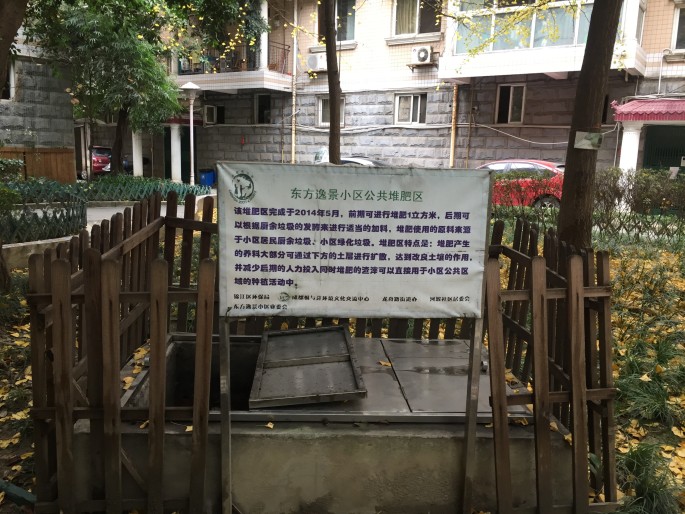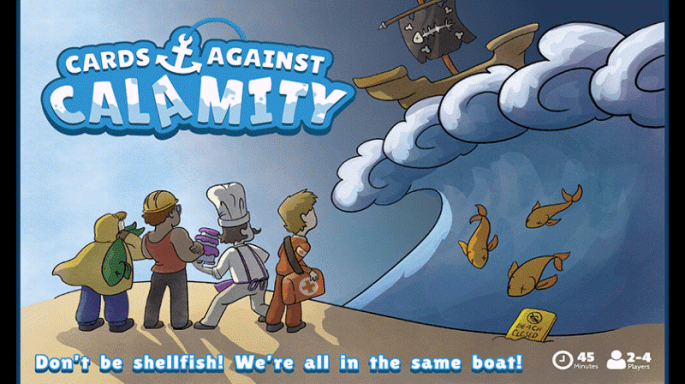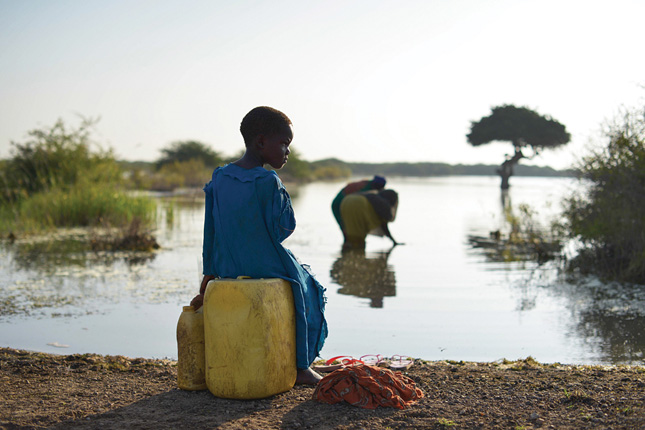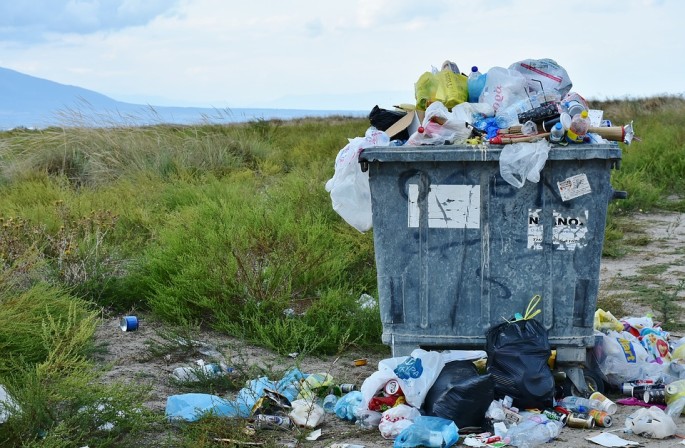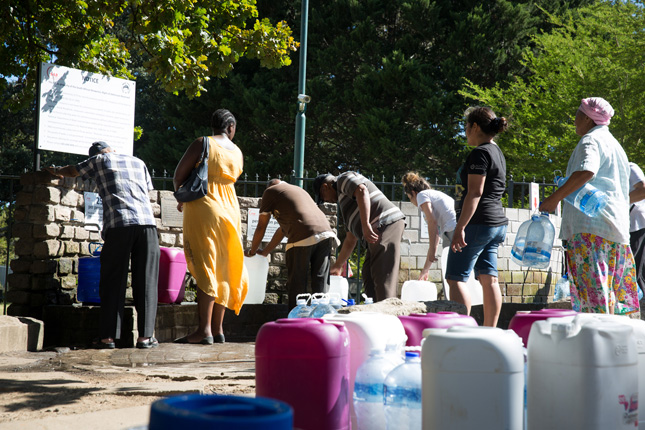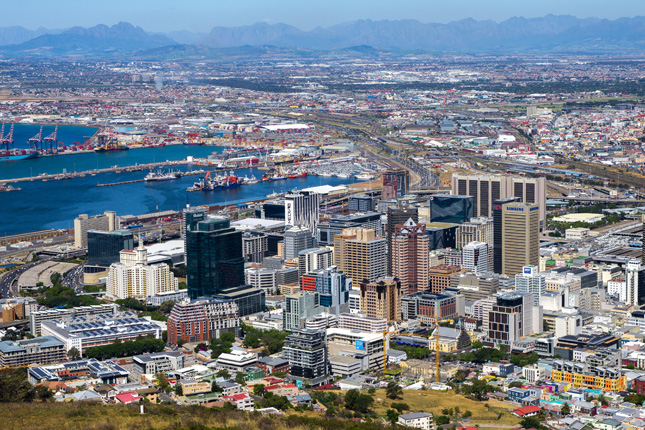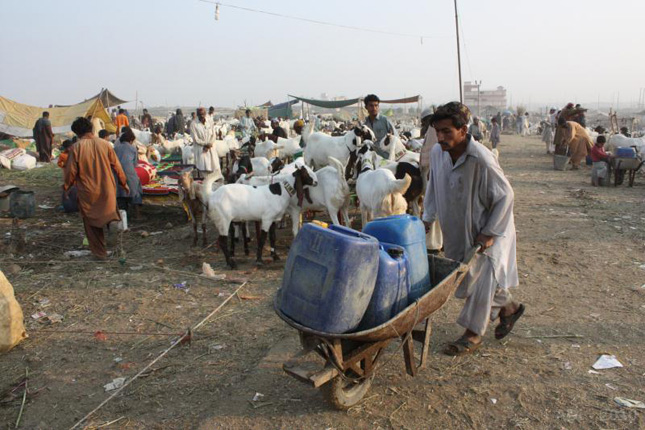-
A Watershed Moment for Iraqi Kurdistan: Subnational Hydropolitics and Regional Stability
›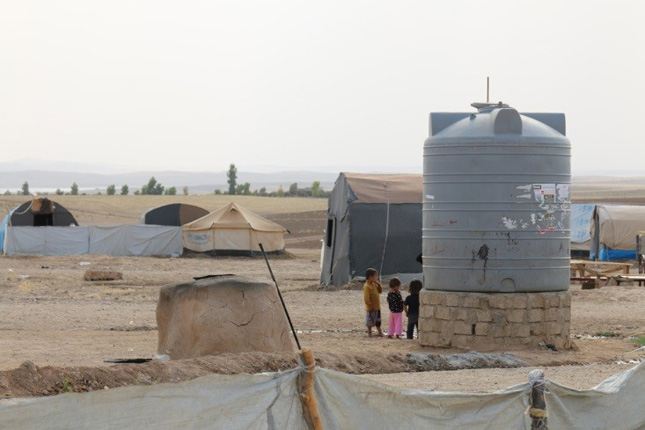
Iraqi Kurdistan is blessed with abundant water resources, but these resources are under increasing stress. Changing demographics, dam building in neighboring countries, and drought have driven Kurdish hydropolitics to a critical juncture where two distinct water futures are possible—and both have implications for regional stability and for U.S. interests.
-
Grassroots Solutions for Solid Waste in China’s Growing Cities
›
In June 2016, the government of the Chinese city of Xiantao cancelled an incineration project following protests by residents who felt they were not adequately consulted before the project was approved. As growing Chinese cities produce more construction and consumer waste, incineration projects have increased—along with widespread protests of their environmental and health consequences.
-
Serious Games: Conservation and Community
›
In preparation for the Wilson Center’s Earth Challenge 2020 initiative, the Serious Games Initiative rounded up educational games with themes of conservation and community. These games tackle issues ranging from community resilience to dystopian futures—and everything in between. While not a comprehensive list of environmental games, we hope it inspires you to check out these games and think of ideas for new ones that might use data from the upcoming Earth Challenge 2020 hackathons.
-
Sustainable Water, Resilient Communities: The Unique Challenges and Opportunities of Wastewater
›From the Wilson Center // Water Security for a Resilient World // April 27, 2018 // By Connor Chapkis
“Globally, nearly one billion people still lack access to safe water,” said Sasha Koo-Oshima, Senior International Water Advisor for the U.S. Environmental Protection Agency, at a recent Wilson Center event on the potential challenges and opportunities of wastewater treatment. “In emerging developing countries, children lose 443 million school days per year due to diseases related to water, sanitation, and hygiene,” she said.
-
Every Day is Earth Day: Plastic Waste Q&A with Mao Da
›
Plastics. From the devastating effects of plastic pollution on our oceans, to the news that plastic bottles likely pollute the drinking water they contain, plastic pollution—the theme of this year’s Earth Day—has been a highly visible issue, and we’ve seen some notable progress on fighting the plastic battle.
-
Avoiding a Water Crisis: What’s Next for Cape Town — and Beyond?
›
Intense drought in South Africa’s Western Cape Province has led the world-renowned city of Cape Town to the brink of “Day Zero”—the date at which residents would be forced to collect strictly rationed water supplies from shared distribution taps. Water conservation efforts have so far prevented a massive water shutdown, but the city’s rapid population growth and reliance on surface water dams makes it particularly vulnerable to lower precipitation levels.
-
“Journalist on Water Beat Helped Cape Town Avoid ‘Day Zero’”
›
Saya Pierce-Jones got a cactus for Valentine’s Day and she keeps a bottle of treated wastewater on her desk. These are the souvenirs Pierce-Jones has kept as the water reporter for Cape Town’s Smile 90.4 FM over the past year.
-
The Next “Day Zero”: Water Scarcity and Political Instability Beyond Cape Town
›
Cape Town is running dry. But thanks to its sophisticated water management efforts, the city may ride out the crisis. However, other cities that lack these capacities are less likely to survive Day Zero. Especially in developing countries, where urban water services are often provided by informal or illegal actors, running out of water could have dangerous ripple effects for peace and security.
Showing posts from category consumption.


